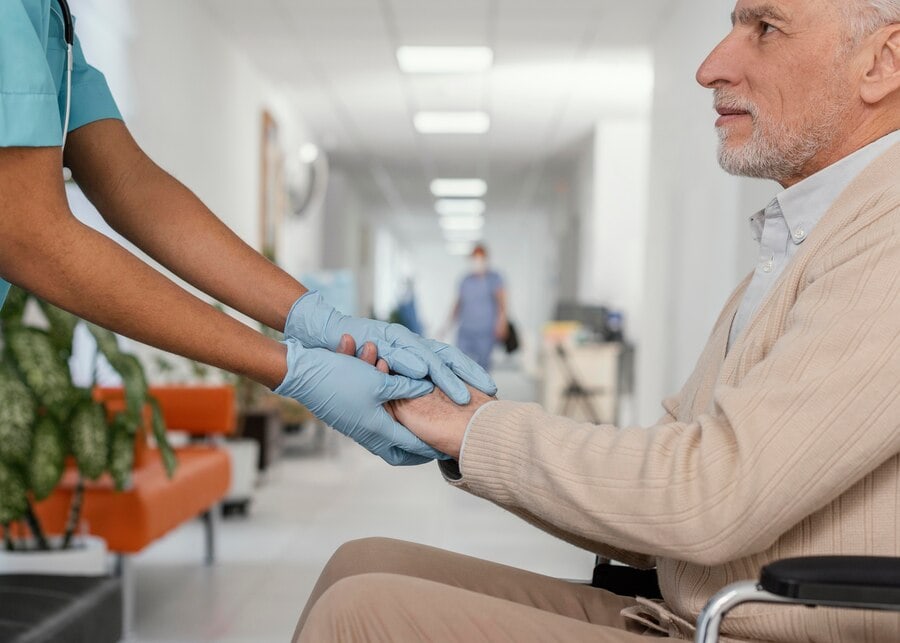The American Medical Association writes a series entitled, What Doctors Wish Patients Knew™. In the January 2025 installment, Isaac Goldszer, MD, a movement disorder neurologist at Henry Ford Health, discusses what he would like patients to know about Parkinson’s disease.
Dr. Goldszer lists ten well-worn points, set out below, some of which are (in our view) thin to the point of threadbare. Nonetheless, when taken together, these points pretty much sum up the typical worldview and understanding of Parkinson’s held by the majority (but not all) neurologists and clinicians working in the field of movement disorders.
This is the worldview that we, as people living with Parkinson’s Disease, decided must be challenged before going on to establish Resolve Parkinson’s as our primary vehicle for doing so:
- It’s a lack of movement
- Most Parkinson’s is not genetic
- Parkinson’s is a disease of aging
- Every Parkinson’s is different
- Diagnosis is largely a physical exam
- There is no cure
- Research on dopamine is ongoing
- Exercise can help
- Boost dopamine levels naturally
- Caregivers must care for themselves, too
A basic understanding of our critique of the position expressed in Dr. Goldszer’s points can be found in The Problem section on this site. In our view, at least some of the points above are dangerous in the way they serve to inhibit a more realistic and perhaps hopeful understanding of Parkinson’s Disease.
What do you think? We want to hear from you.
We want to flip the script on Dr. Goldszer’s article. We are asking our readers – as people with Parkinson’s – to tell us what they would like their neurologist to know about Parkinson’s disease. Please contact us here to send us your answers. We will publish your thoughts and ideas in our next post.


